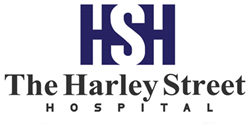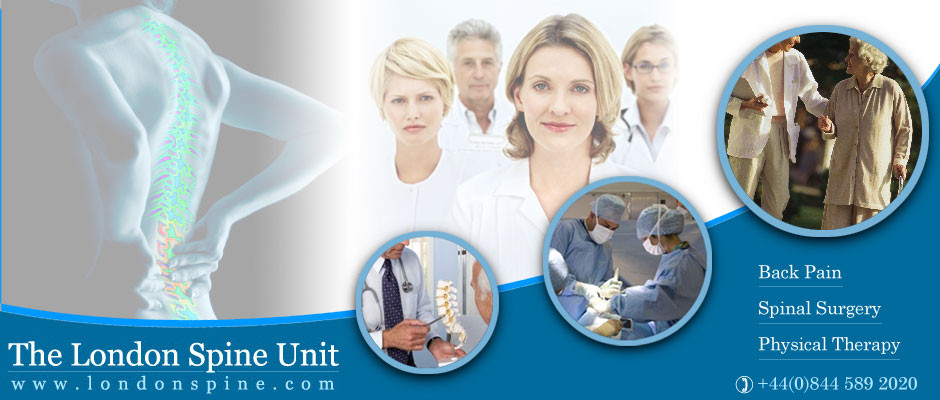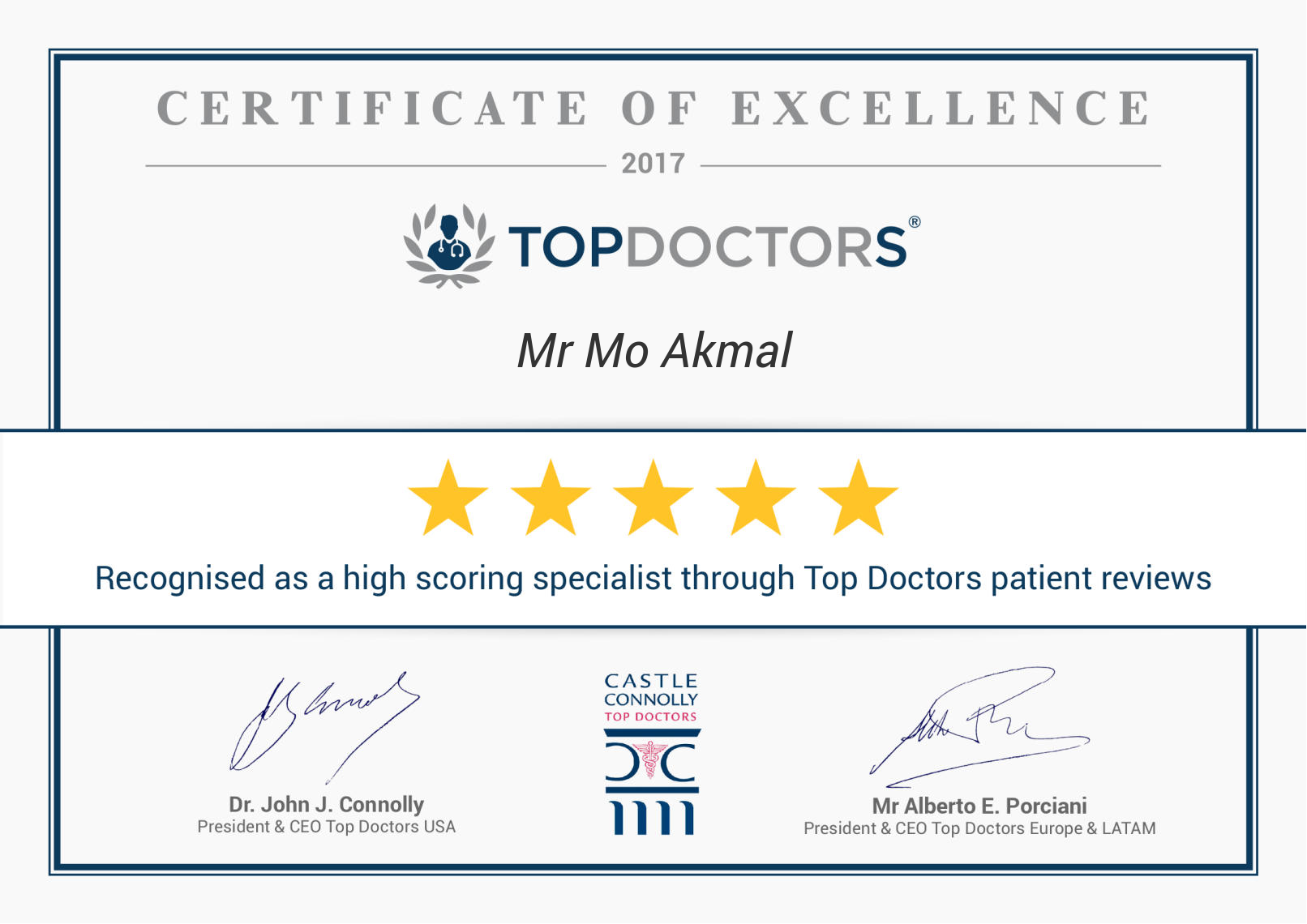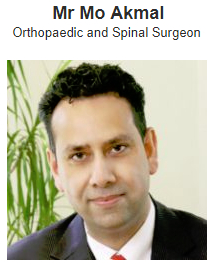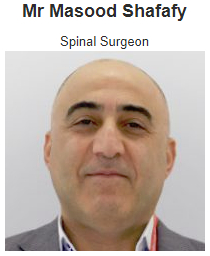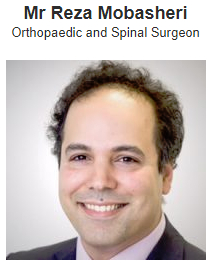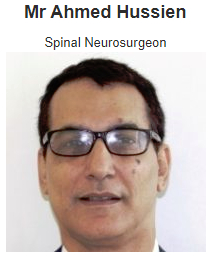Cell therapies are emerging as promising treatments for many musculoskeletal conditions that affect athletes and the adult population. The therapies with stem and progenitor cells provide the potential for clinical benefit, through mechanisms of tissue regeneration and immunomodulation.
In orthopedic surgery, focal chondral injuries, osteoarthritis, fractures and soft tissue injuries such as tendons, muscles, and ligaments are fertile soils for stem cell therapies.
Progenitor cells include any cell that can proliferate to form progeny and these, in turn, differentiate into adult tissue. Stem cells are a subset of progenitor cells that possess self-renewing capacity.
This is a process where the cell divides asymmetrically, producing 2 daughter cells. A daughter cell is identical to the initial cell and remains available for another asymmetric division of "self-renewal". The second daughter cell (a progenitor cell), which unlike the mother cell, it proceeds to divide and differentiate itself. Progenitor cells are widely more frequent than stem cells in tissues. Often, the term "stem cell" is used incorrectly to describe both progenitor cells and mother as a whole.
Stem cells can be classified in several ways: 1) autologous or allogeneic; 2) adult, embryonic or induced pluripotent stem cells and 3) native (resident tissue) or expanded cells.
In tendinous injuries, experts have indicated that there is a very good experience in plantar fasciitis, in addition to being indicated in epicondylitis, Achilles tendinosis or partial rotator cuff injuries.
However, our doctors at the Harley Street Hospital do not recommend abandoning rehabilitation or muscle strengthening. These treatments represent a new door for the treatment of this type of injuries.

